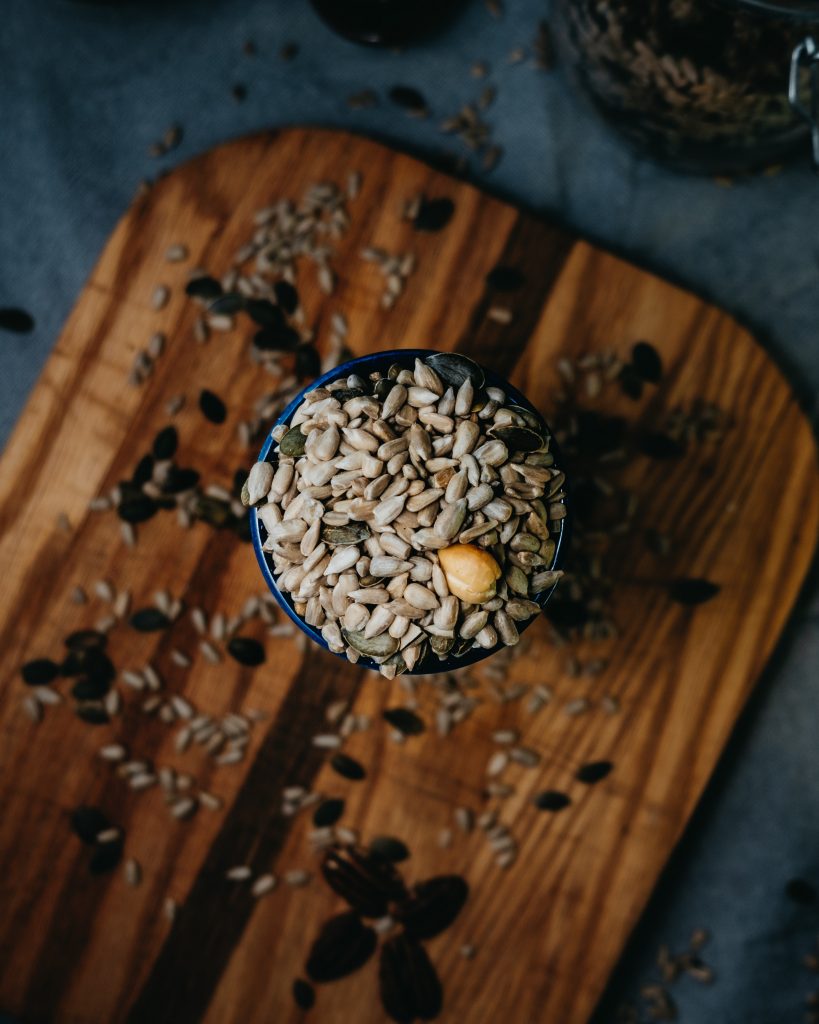
Feeling stressed? Are you getting enough magnesium? Read on to learn more about the stress-magnesium connection.
The stress-magnesium connection
Stress has a significant negative effect on our body’s nutrient stores. Our natural stress response rapidly depletes existing nutrient levels and can also prevent the body from absorbing essential nutrients. This is a big part of the reason why stress reduces our energy and makes us feel run down.
Magnesium is an essential mineral that is significantly depleted by stress. Perhaps not coincidentally, it’s also one of the most effective stress-relieving nutrients. So much so that it’s been called “the original chill pill”!
Magnesium plays a critical role in physical and mental health
Magnesium plays a role in more than 300 biochemical reactions in the body, and every organ (especially the heart, muscles, and kidneys) needs magnesium.
Not surprisingly, magnesium deficiency is a contributing factor in many diseases. Deficiency can lead to cardiac and neurological issues, diabetes, hypertension, coronary heart disease, osteoporosis and many other adverse health conditions.
Magnesium deficiency also has a profound impact on mental health. Because of magnesium’s critical role in our nervous system, deficiency can affect our ability to manage stress and lead to sleep problems, anxiety, and depression. Increasing magnesium intake to address a deficiency can improve sleep, mood, and mental health.
More than half of Americans are likely magnesium deficient
According to research, more than half of all Americans are likely magnesium deficient. Some experts believe that number is closer to 80%. What makes this especially concerning right now, given the COVID-19 pandemic, is that Vitamin D cannot be metabolized without sufficient magnesium levels. And Vitamin D deficiency can cause significantly worse COVID outcomes.
The recommended dietary allowance (RDA) for magnesium for healthy adults is between 320-420mg a day (it varies by age and gender). People with certain health conditions or who take certain medications may be at a higher risk for deficiency, and may therefore need additional magnesium.
There are many great food sources of magnesium
Magnesium-rich foods include:
- nuts and seeds (pumpkin seeds are especially high in magnesium and almonds, cashews and Brazil nuts are also great sources)
- legumes (lentils, beans, chickpeas, peas and soybeans)
- leafy greens (spinach, kale, collard greens, turnip greens and mustard greens)
- avocados
- whole grains (oats, barley, buckwheat and quinoa)
- fatty fish (salmon, mackerel and halibut)
- dark chocolate (choose chocolate containing at least 70% cocoa solids – the higher the better!)
Magnesium supplementation can be beneficial in certain cases
It’s always best to get nutrients, including magnesium, from food. However, magnesium supplementation can be very beneficial in certain cases. People with certain heart and kidney conditions may need to avoid magnesium supplementation. Always discuss supplementation with your healthcare practitioner to make sure it’s safe and right for you!